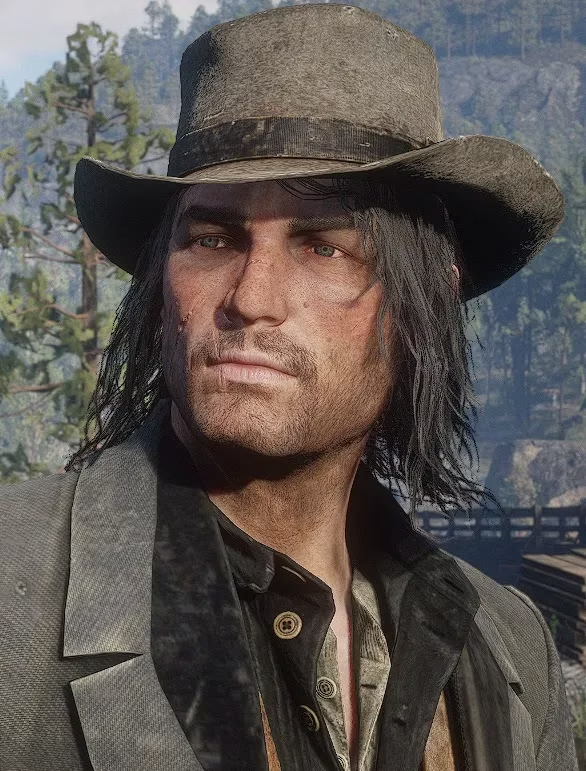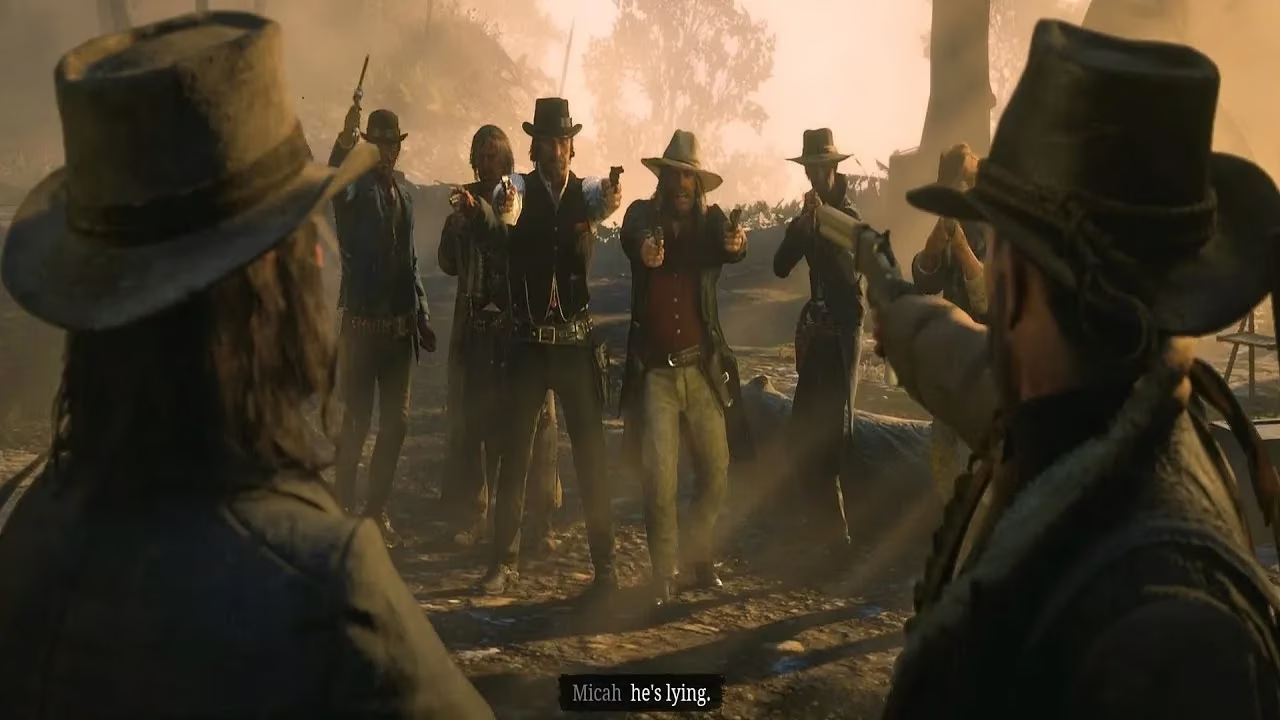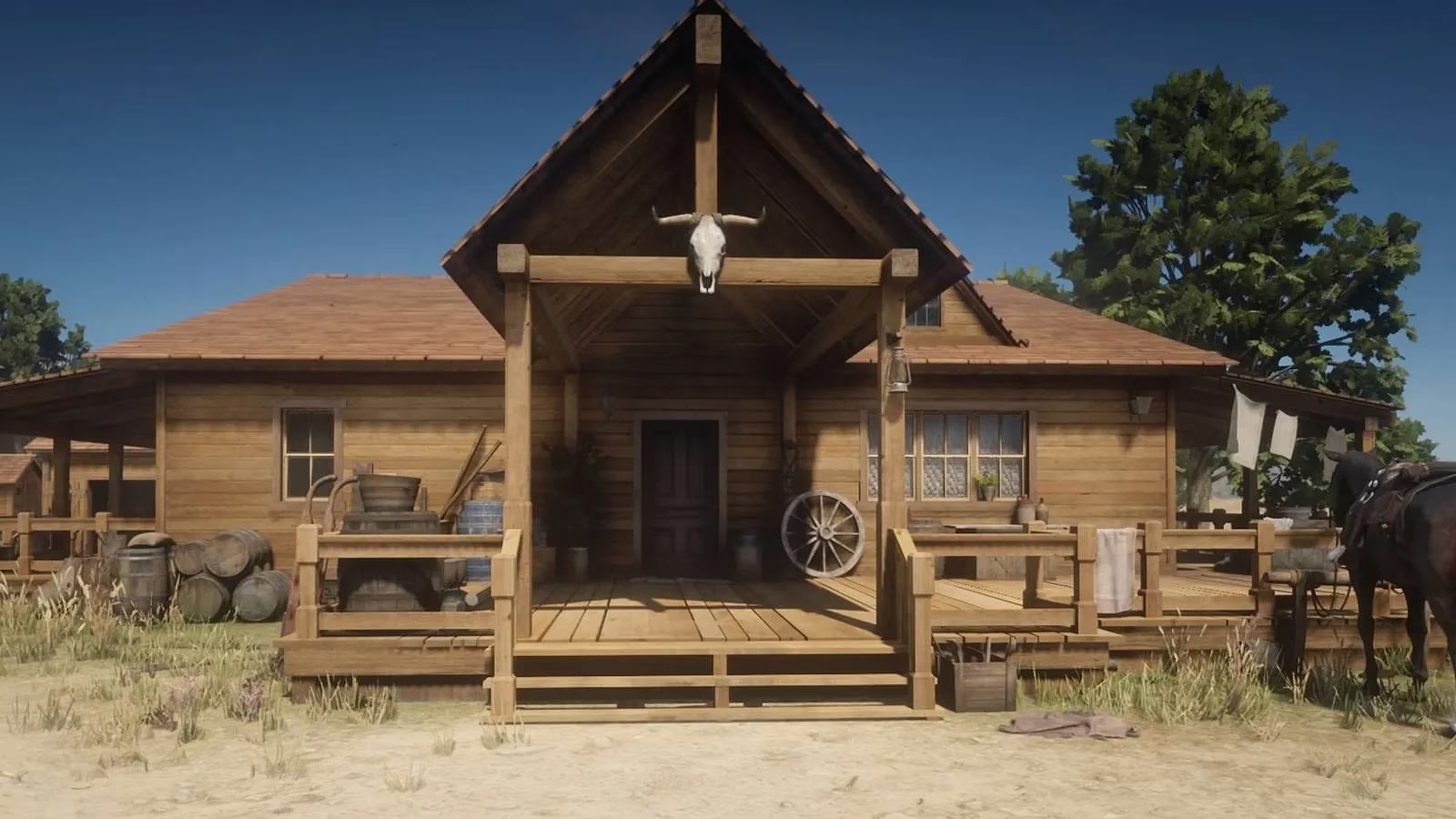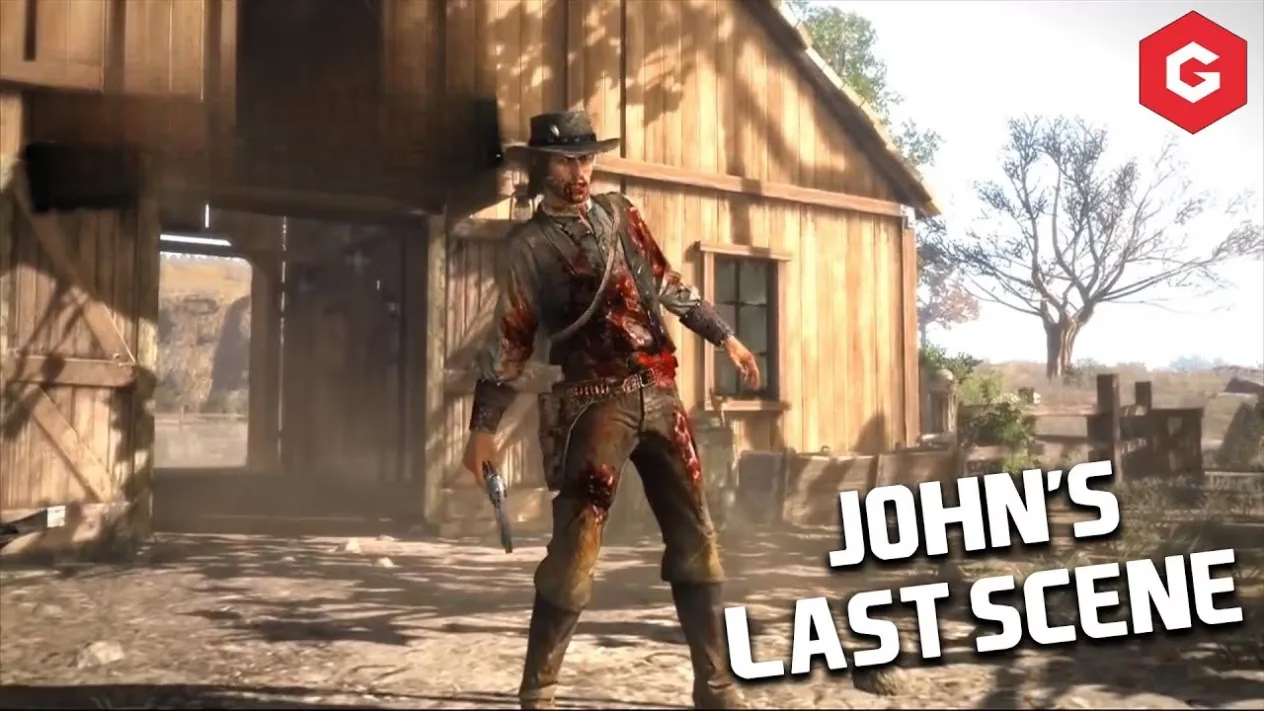John Marston: The Soul of Red Dead Redemption
Discover the compelling character arc of John Marston in Red Dead Redemption, showcasing his transformation from outlaw to family man with moral depth and cultural impact.
The complex journey of John Marston stands as one of gaming's most compelling character arcs, bridging both Red Dead Redemption titles in a masterful display of storytelling. As we approach the 15th anniversary of the original game in 2025, Marston's legacy continues to captivate players who discover the nuanced evolution of this iconic character.

John Marston's story begins long before players first encountered him in 2010's Red Dead Redemption. Born to a Scottish immigrant father and a mother who died during childbirth, Marston's early life was marked by hardship. After his father's death when John was just eight years old, he spent time in an orphanage before running away. At age 12, Dutch van der Linde saved him from being lynched after a theft, bringing him into the notorious Van der Linde gang and forever altering his trajectory.
From Outlaw to Family Man
What makes John Marston such a fascinating character in Red Dead Redemption 2 is witnessing his transformation from a reluctant, immature gang member to the determined family man we knew from the original game. The prequel brilliantly illustrates John's struggles with responsibility, particularly in relation to his partner Abigail and their young son Jack.
Early in Red Dead Redemption 2, John is portrayed as unreliable and irresponsible - a stark contrast to the devoted father and husband we meet in the first game. This deliberate character development gives players insight into John's growth, making his eventual redemption all the more meaningful.

Arthur Morgan, the primary protagonist of Red Dead Redemption 2, serves as both mentor and brother figure to John. Through Arthur's guidance and sacrifice, we understand the foundation upon which John builds his later life. Arthur's influence on John is profound, particularly in the game's final acts when Arthur's primary motivation becomes ensuring John's family survives.
The Bridge Between Games
The epilogue of Red Dead Redemption 2 represents one of gaming's most poignant narrative achievements. Playing as John Marston, players experience firsthand his determination to build an honest life at Beecher's Hope - the very ranch that becomes central to the original game's story.
This 15-hour epilogue serves as a perfect bridge between the two titles, showing John's struggle to leave his outlaw past behind while building something meaningful for his family. The bittersweet nature of these moments is heightened for players who know what ultimately awaits John in the original Red Dead Redemption.
As John works honest jobs, secures a bank loan, and literally builds his ranch from the ground up, we witness the formation of the man who would later be forced by government agents to hunt down his former gang members.

Moral Complexity and Ambiguity
What elevates John Marston beyond typical video game protagonists is his moral complexity. Neither hero nor villain, John exists in a morally gray area that reflects the declining Wild West era. His quest for redemption drives both games, yet scholars and critics have debated whether true redemption was ever possible for someone with his violent past.
The duality of John's character is expertly portrayed by voice actor Rob Wiethoff, who brought nuance and humanity to the role across both games. Wiethoff's performance, which earned him the Outstanding Character Performance award at the 14th Annual Interactive Achievement Awards, captures John's internal struggle between his violent nature and his desire to be a better man.
Cultural Impact
In 2025, John Marston remains one of gaming's most recognized and respected characters. The scarred face, distinctive voice, and complex motivations have cemented his place in video game history. What makes his character particularly resonant is how his personal journey reflects broader themes of the American experience - the tension between individual freedom and societal constraints, the cost of violence, and the elusive nature of redemption.

The legacy of John Marston in Red Dead Redemption and Red Dead Redemption 2 demonstrates how video games can deliver storytelling that rivals the best of film and literature. His character arc spans not just the narrative of two games but also explores fundamental questions about identity, family, and whether one's past defines their future.
For newcomers to the series, experiencing John's complete journey through both Red Dead Redemption 2 and the original game offers a uniquely powerful narrative experience. While technology has advanced significantly since the original game's release, John Marston's story remains timeless - a testament to Rockstar's commitment to character-driven storytelling in an open-world setting.
Fifteen years after players first stepped into John Marston's boots, his complex journey from outlaw to family man continues to exemplify gaming's potential for nuanced, emotionally resonant storytelling.
The analysis is based on PC Gamer, a leading authority in the gaming industry known for its comprehensive reviews and feature articles. PC Gamer's retrospectives on Red Dead Redemption and its sequel often emphasize John Marston's nuanced character arc, highlighting how Rockstar's attention to detail and narrative depth have set new standards for storytelling in open-world games.